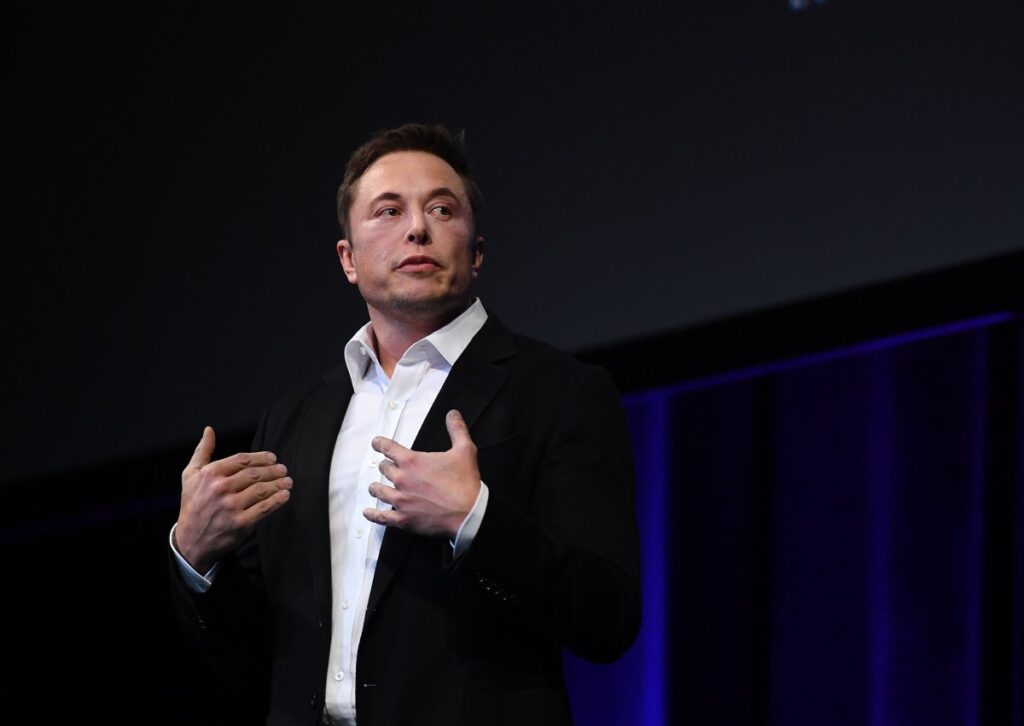Elon Musk’s Bid for OpenAI: A $97.4 Billion Proposition or a Charitable Mission?
In a dramatic turn of events, Elon Musk has announced that he might withdraw his staggering $97.4 billion bid to purchase OpenAI’s nonprofit arm—if the company’s board agrees to stick to its charitable goals and not convert to a for-profit corporation. His attorney presented this information through a court filing on Wednesday, underscoring the seriousness of Musk’s intentions.
The Stakes of the Offer
The filing submitted to the U.S. District Court for the Northern District of California argues that Musk’s offer is a legitimate one and highlights the need for compensation reflective of what an independent buyer might pay for the nonprofit’s assets. The statement put forth by Musk’s legal team reads:
“Should […] the charity’s assets proceed to sale, a Musk-led consortium has submitted a serious offer […] that would go to the charity in furtherance of its mission.”
However, Musk has made it clear that if OpenAI’s board prioritizes its original charitable mission and removes any plans to sell off its assets, he will retract his bid.
A Controversial Transition
This unfolding situation began earlier in the week when Musk, alongside his AI venture xAI and a group of investors, stepped into the limelight with this unsolicited proposal. OpenAI CEO Sam Altman, however, wasted no time in rejecting the offer. Andy Nussbaum, the counsel for OpenAI’s board, dismissed Musk’s bid, stating that the nonprofit has its intrinsic value and is "not for sale."
For those following the tech scene, this isn’t the first instance of conflict between Musk and OpenAI. In fact, Musk, one of OpenAI’s co-founders, had previously filed a lawsuit against the organization and Altman, accusing them of engaging in anticompetitive behavior and fraud.
Originally launched as a nonprofit, OpenAI shifted its structure to a "capped-profit" model in 2019. This setup allows limited profits while keeping the nonprofit as the controlling shareholder. Currently, the organization is moving to a traditional for-profit setup as a public benefit corporation, but Musk is seeking to halt this transition via his legal complaints.
A Competitive Landscape
OpenAI’s attorneys have labeled Musk’s bid as an attempt to undermine a competitor. They argue that his actions contradict statements made in court, where he asserted that a restructuring would violate the charitable trust’s mission. This scenario paints a picture of a fierce rivalry as the AI landscape rapidly evolves.
What Comes Next?
The tug-of-war between Musk and OpenAI raises essential questions about the future direction of AI innovation. Will the board uphold its charitable mission, or will the allure of a for-profit model take center stage? The implications could shape the ethical framework of AI development.
OpenAI’s mission, coupled with Musk’s ambitions, adds layers of complexity to an already intricate debate about how technology and philanthropy can coexist.
In conclusion, this ongoing saga between Elon Musk and OpenAI illustrates the duality of progress and corporate responsibility in the tech world. As we wait for the next chapter in this unfolding drama, tech enthusiasts and AI aficionados alike remain engaged, contemplating the broader consequences for the industry.
The AI Buzz Hub team is excited to see where these breakthroughs take us. Want to stay in the loop on all things AI? Subscribe to our newsletter or share this article with your fellow enthusiasts.




